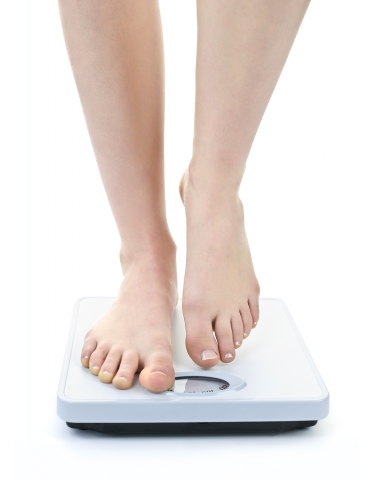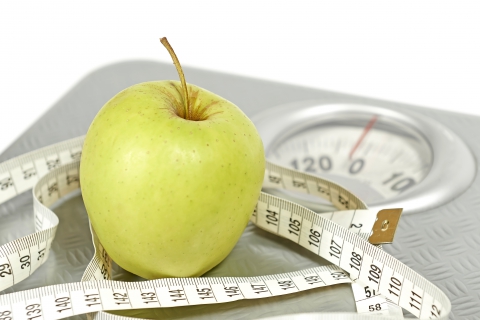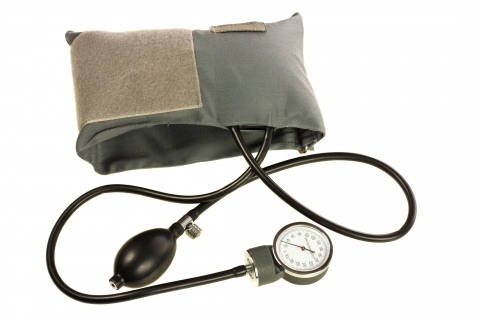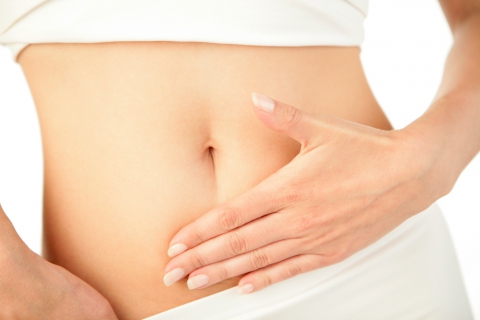 Losing weight is hard! You try to do everything you can to lose weight, and yet those pounds don’t want to be shed. You wonder what to do now; will you ever lose the weight, or will you be doomed to live this unhappily forever? Weight Zen, a weight loss clinic in New York, wants to empower you. We want to tell you about gastric sleeve surgery, so you know your options when it comes to weight loss surgery. If you’re unhappy, we can help you do something about it. If you haven’t considered gastric sleeve surgery, then perhaps you should. We want you to find your inner peace and happiness. To do that, check out the following information on gastric sleeve surgery and see if it’s right for you.
Losing weight is hard! You try to do everything you can to lose weight, and yet those pounds don’t want to be shed. You wonder what to do now; will you ever lose the weight, or will you be doomed to live this unhappily forever? Weight Zen, a weight loss clinic in New York, wants to empower you. We want to tell you about gastric sleeve surgery, so you know your options when it comes to weight loss surgery. If you’re unhappy, we can help you do something about it. If you haven’t considered gastric sleeve surgery, then perhaps you should. We want you to find your inner peace and happiness. To do that, check out the following information on gastric sleeve surgery and see if it’s right for you.
What is A Gastric Sleeve Surgery?
The gastric sleeve surgery, also known as the vertical sleeve gastrectomy, is a weight loss surgery that removes a large portion of your stomach. This surgery may also be the first stop before you get a gastric bypass surgery, or it may be the only surgery you get for weight loss. The gastric sleeve surgeon makes a small stomach “sleeve” (hence the name) using a stapling instrument, and then they remove the rest of your stomach. The point of this procedure is to regulate your food intake to help you lose weight with the decreased size of your new stomach. A VSG surgery, which is what it’s also known as, may take 60 to 90 minutes.
Is A Gastric Sleeve Surgery Right For You?
These surgeries help people who are suffering from obesity and diabetes lose weight. Are you unhappy with your weight? If you are seriously considering this surgery, think about all of the key factors before you contact us for a consultation. Your new stomach will be the size of a banana, so it severely limits the amount of food you are able to eat. Keep in mind that your portions must be smaller, and the various types of food you eat will be different and more healthy as well. This is something you’ll work on with our nutritionist Megan Wolf. After the surgery when you eat, your small stomach will become full much quicker than before, and you’ll feel full after a small amount of food.
If you want more information and are interested in getting the procedure done, please contact us to see if gastric sleeve surgery is right for you.









